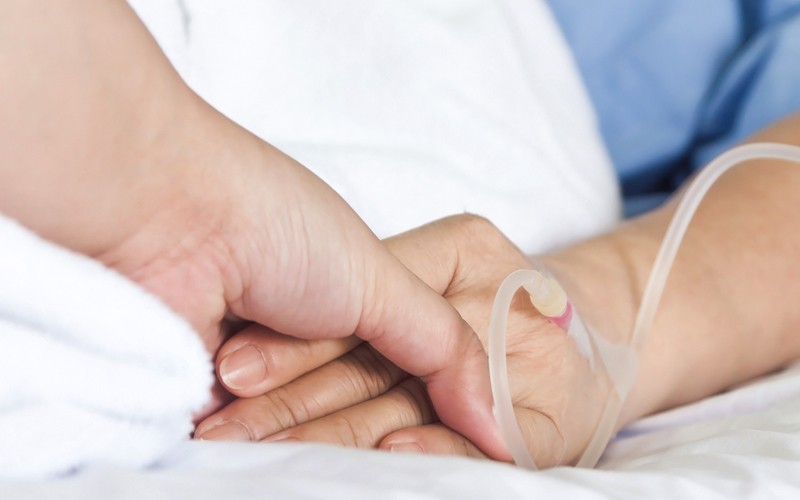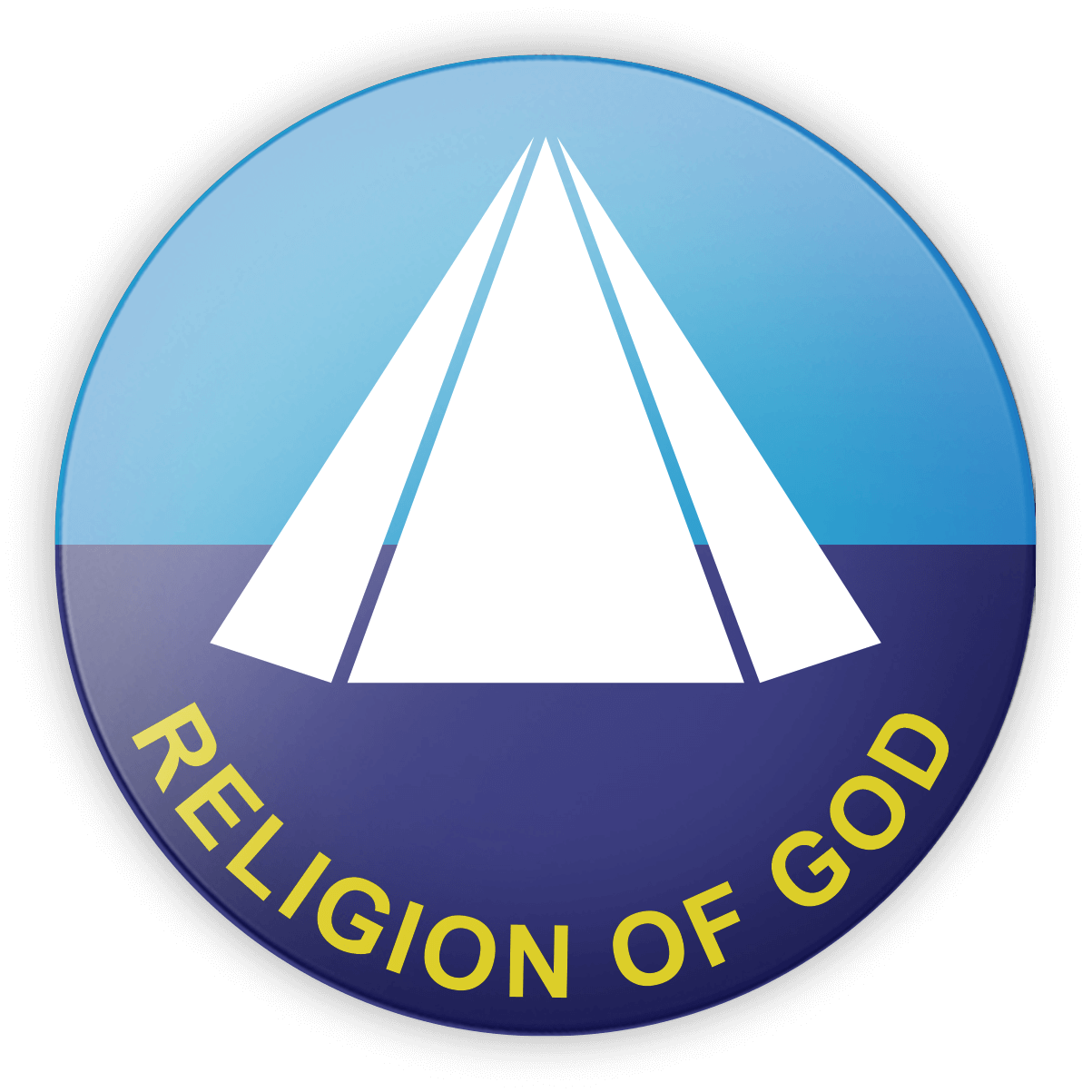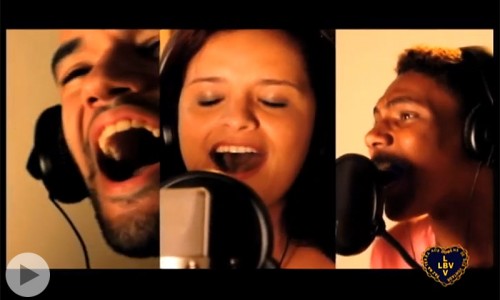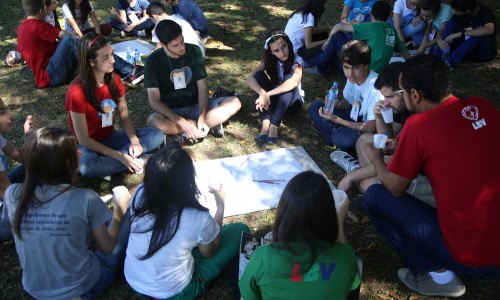Understand why euthanasia is not the end of pain
The Religion of God, of the Christ, and of the Holy Spirit1 seeks to make all of us knowledgeable about Ecumenical Spirituality so we may know how to make the best decisions to protect our lives and the lives that are under our care, like family members and friends. By constantly stimulating our awareness of the eternity of Life we are more apt to adopt attitudes that will not cause us any regrets, because the more we know about the impact of our actions (on Earth and in Heaven), the more responsibility, autonomy, and freedom we acquire.
This same perspective needs to be applied when we are faced with the challenge of protecting those we know who are terminally ill (as human medicine calls them). After all, it may be very distressing for us to see a beloved person suffering periods of pain and uncertainty when material medicine is unable to alter their state immediately or offer them treatment options. This feeling of impotence can circumstantially undermine our Soul.
In situations like this, we seek to do what is within our power to minimize this affliction, however little it might be. But there needs to be a lot of caution in order not to increase the patient’s suffering, even though it is unintentional.
For some people, on occasions like the ones described above, euthanasia appears to be the best path to take. But the Divine Religion teaches us that it is not. Just as everything in nature follows its own course, with death, which is a natural process, it can be no different. In addition to which, it is not the end of everything. When the outcome occurs, the material body itself is transformed into new forms of life and the Soul continues its path in the Spiritual World.
Anticipating this moment of return to the World of Truth, even though it is the initial wish of the patient, will cause great suffering to their Spirit. In fact, a lot of mistakes arise because of a misunderstanding about the eternity of Life, as the President-Preacher of the Religion of Universal Love, José de Paiva Netto, clarifies: “Dying does not consist in the body going to the cemetery and the Spirit to the Homeland of Truth (the Spiritual World). In this case it is living. That is why no one should commit suicide, because death is a rumor. Life continues. You commit suicide to escape from problems. . . Then you discover you are still alive. . . You open your eyes in the other world. . . Completely alive. . . And since you had a body to last for a certain number of years on Earth, your Spirit will remain painfully attached to it until the period you should spend in the flesh has run out.”2

Dying with dignity
There is, however, a concern with guaranteeing that those whom we love have a dignified death. In this sense, the Religion of the Third Millennium enlightens us when it says that there is no greater glory than of being aware that we have fought tirelessly for life, with all the resources we have at our disposal, achieving on Earth that which we planned for ourselves in Heaven3, fulfilling the ideal time that God gave us to remain here with our consent.
What dignifies the sacred human creature are its acts of love. Defending life is the greatest gesture of humanity we can offer those we love. That is why we must show them that they will never be abandoned, even in the most difficult moments. Religiousness becomes an important help for the family that is going through this situation. Cultivating prayer, elevated thoughts, and the transmission of good energy contribute particularly to the spirit that is suffering in its process of dying and to the others who remain on Earth with good memories of the person who has returned to the Homeland from where they originated.
All of us in Humanity deserve respect, protection, and Love, above all those who find themselves in a weak situation and those whose lives have been entrusted into the hands of others, in this case, into our hands. It is our role to defend life, from its conception until the moment of our return—naturally and at the right time—to the Spiritual World. If we do any differently we are acting with violence, disrespecting the rights of our fellow beings and making them suffer. This will never be what we want.
At times of great anguish the Divine Religion always instructs us to pray, to talk to God, dedicating our best energy to the hearts of those whom we are caring for and who need our help. Understand “The Power of Prayer” in the article by writer Paiva Netto.
Send your doubts and comments on this and other topics to the Religion of God, of the Christ, and of the Holy Spirit. Let the Ecumenical Spirituality be part of your life! If this content does you good, share it! It may touch the heart of many other people too.
____________________
1 Religion of God, of the Christ, and of the Holy Spirit — also called the Religion of the New Commandment, the Religion of the Third Millennium, and the Religion of Universal Love. This is the Ecumenical Religion of Brazil and the world.
2 Taken from the book Diretrizes Espirituais da Religião de Deus, do Cristo e do Espírito Santo, [Spiritual Guidelines of the Religion of God, of the Christ, and of the Holy Spirit] volume 3, p. 188.
3Spiritual agenda — The Religion of Universal Love teaches that no one is born on Earth without a purpose to their existence. The Heavenly Educator Himself, Jesus, gave us His example: “For I have come down from Heaven not to do my will but to do the will of Him who sent me” (The Gospel according to John 6:38). Therefore, each one of us, before we are reincarnated on Earth, assumes in the spiritual world—our homeland of origin—a set of commitments, situations, and challenges that make up our Spiritual Agenda.



